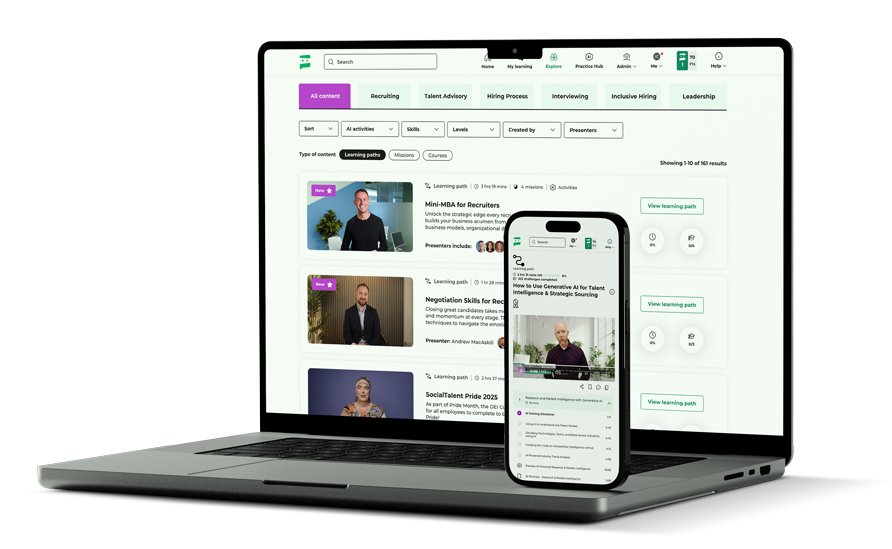
By Johnny Campbell

Not to bring stark attention to my age, but I was recently reminded of a moment from my youth that seems so alien now. It was the early 90s and in anticipation of a midnight release of U2’s Achtung Baby I had ventured into Dublin city to snag a copy of the album. The streets were teaming with fans and media, bustling with anticipation as they clambered for prominence at the doors of the record shops. It took hours, but I remember finally getting the cassette, popping it into my Walkman and listening to it on loop as I slowly walked home in the small hours.
This was the reality of big music releases. It was all about physicality. You went and made the purchase if you were lucky enough to be in proximity. The same was true for the cinema at this time. Blockbusters always resulted in trains of people snaking around street corners hoping to get an elusive ticket. Almost thirty years on and it’s all changed. Artists now quietly drop their eagerly awaited albums in the dead of night onto streaming platforms, instantly ready for the world to devour. And big-budget movies are accessed with the click of a button from your own home.
What’s different now?
Premium subscription services are now commonplace in almost every aspect of our lives. It extends far out from the realms of entertainment also. Fitness, lifestyle and education have all ventured under this umbrella. And it has accelerated so much over the last twelve months. Companies like Masterclass, Peloton, Netflix and HBO Max have flourished under the weight of the pandemic as the need for these services increased. But what is it that these models have in common that creates success? I believe it is these five points:
- Location – they come to you
- Time – on demand
- Revenue – subscription
- Content – premium, original
- Business model – platform focused
So what does this specifically mean for education?
So many spheres of influence have gone down the route of subscription service. But the same is becoming true for education, especially in the workplace.
As in-person incentives of working begin to dwindle, it’s important for employers to recognise the benefit of digital alternatives. If a gym membership or yoga classes can no longer be offered, perhaps the alternative is a subscription to something like Peloton? This same energy can be applied to education also.
As work-from-anywhere (WFA) is the growing reality, your Learning and Development strategies need to adapt to this. It may no longer be possible to assume that everyone can attend specific training days. A pivot to an eLearning platform is vital. It could even be considered an essential component of the WFA suite. Just as you ensure your employees have the required technology and are comfortable, access to varied and relevant learning will help keep your workforce engaged.

This premium subscription model is what SocialTalent also emulates. We offer high quality, original content for anyone involved in hiring and talent on an intuitive platform that can be accessed when and where is convenient. This is where I see the future of workplace education heading. Just as other mediums have positioned themselves in a similar vein, learning can also benefit from this structure. Particularly as WFA is becoming an ingrained norm for so many.
So, while I would give anything right now to be shouldering my way to the front of a queue for a new U2 album, this nostalgia overlooks the vast benefits that premium subscription services can offer. It democratises and broadens scope, especially for learning and development in the workplace.


